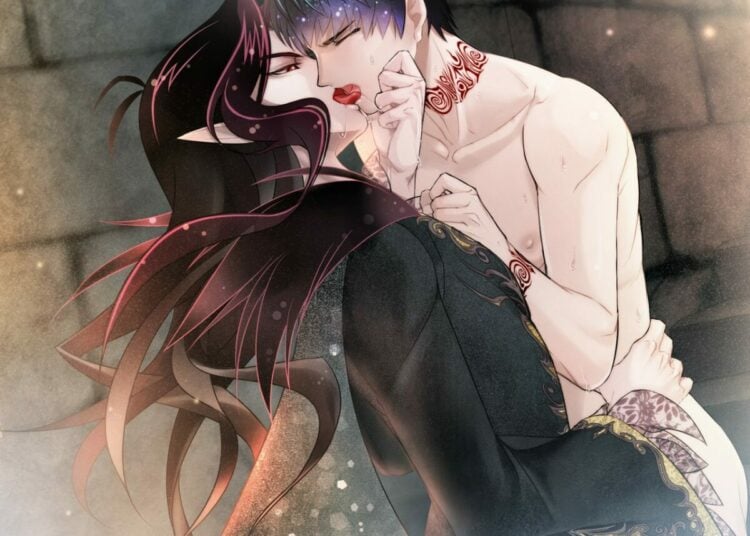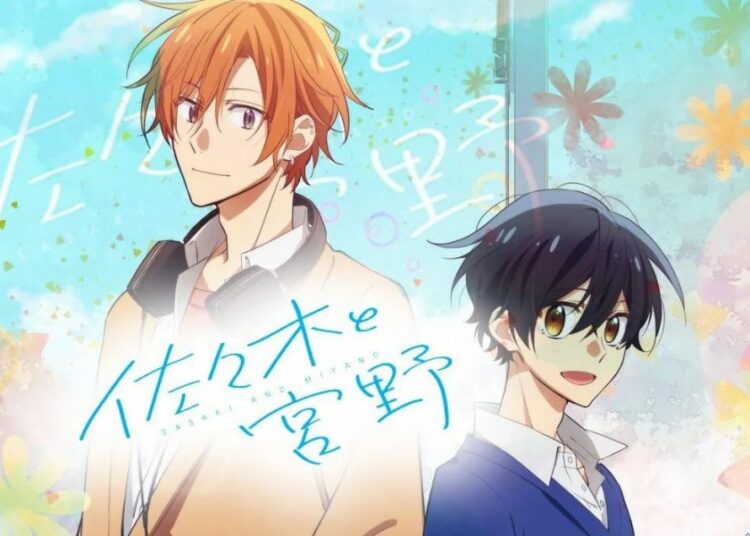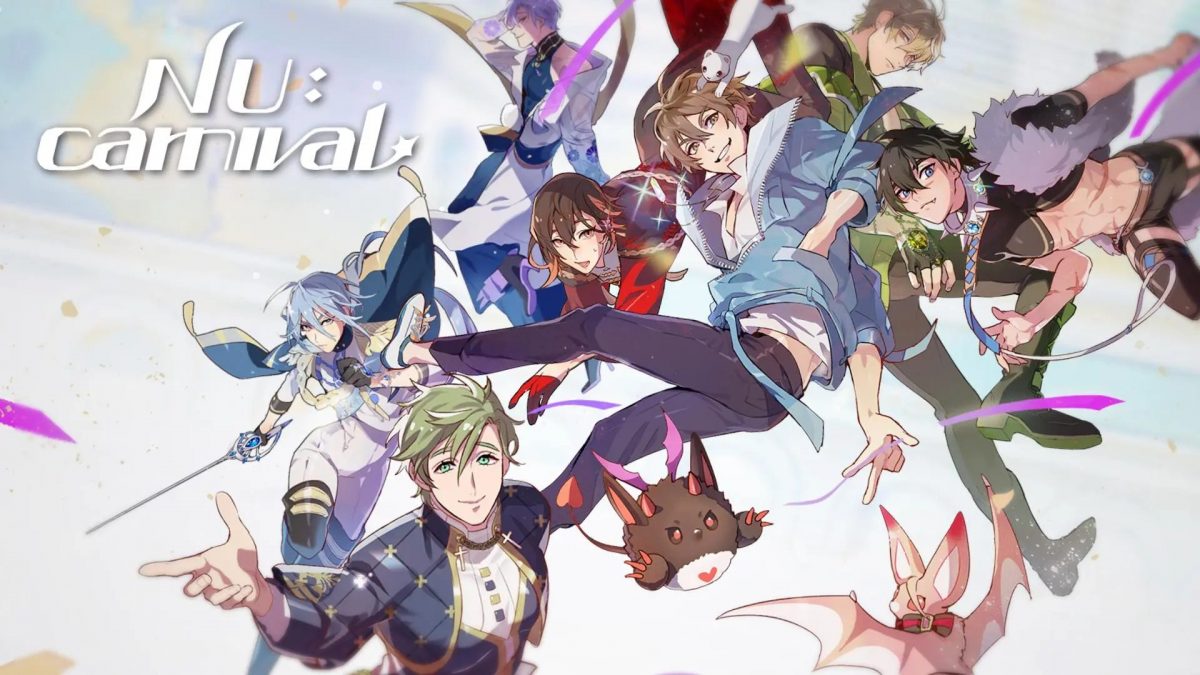Celebrating Valentine’s weekend, my boyfriend and I planned a date to see Twittering Birds Never Fly -the clouds gather- in Tokyo. After having translated commentary from crew members and the main theme composer, as well as reading the first two volumes of the manga, we both had high expectations, particularly for the film’s soundtrack, which received near-unanimous praise by Japanese reviewers. However, as could have been expected, the original manga might not have been the best inspiration for a feature film.
Most Boy’s Love (BL) media that are adapted into anime usually has some kind of sub-plot revolving around the characters so that a clear direction for story development is present. It helps establish a reason to be invested in the characters and world. For example, Junjou Romantica followed Misaki’s trials of college life and finding a job after graduation, while also giving insight into Japan’s publishing businesses. Given followed a band’s foundation and climb to fame. Loveless followed the supposed mystery/murder of Ritsuka’s older brother. Twittering Birds Never Fly -the clouds gather- has… not much for the first film. The setup sounds interesting, but the execution (at least for the contents that made this film) is slow-cooked for the all-too-short climax at the end.
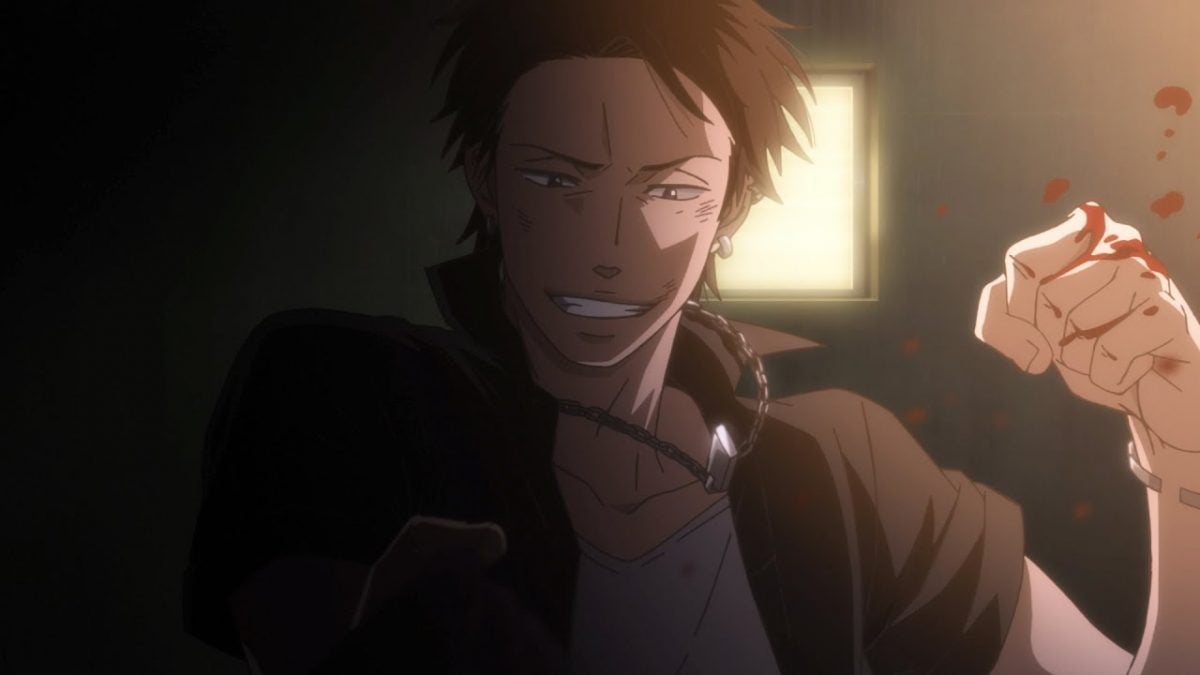
The story kicks off with just another evening for Yashiro, in watching his subordinate getting their teeth knocked in, hiring new members for his division of the yakuza, and then watching them commit sex acts, via hidden cameras, from his office. Yashiro is a high ranking yakuza leader running a financing company as a front. He’s also the proud office public toilet, and declares it himself. It’s no secret that he is eager to be pleasured by anyone who works under him, and even members of rival gangs. His life is all to his liking, until he receives his newly hired bodyguard, Doumeki.
What’s wrong with Doumeki? Due to his own sexual trauma, Doumeki is completely impotent — incapable of satisfying Yashiro’s sexual desires, yet required to be around him at all times. Tired of dealing with his incompetent subordinates getting into (off-screen) turf wars, Yashiro is in a tight situation where he can’t turn away capable hired muscle in the event he becomes a target of other yakuza. So, with nothing else immediately on the menu, Yashiro develops an appetite for “freshly cooked pasta.”
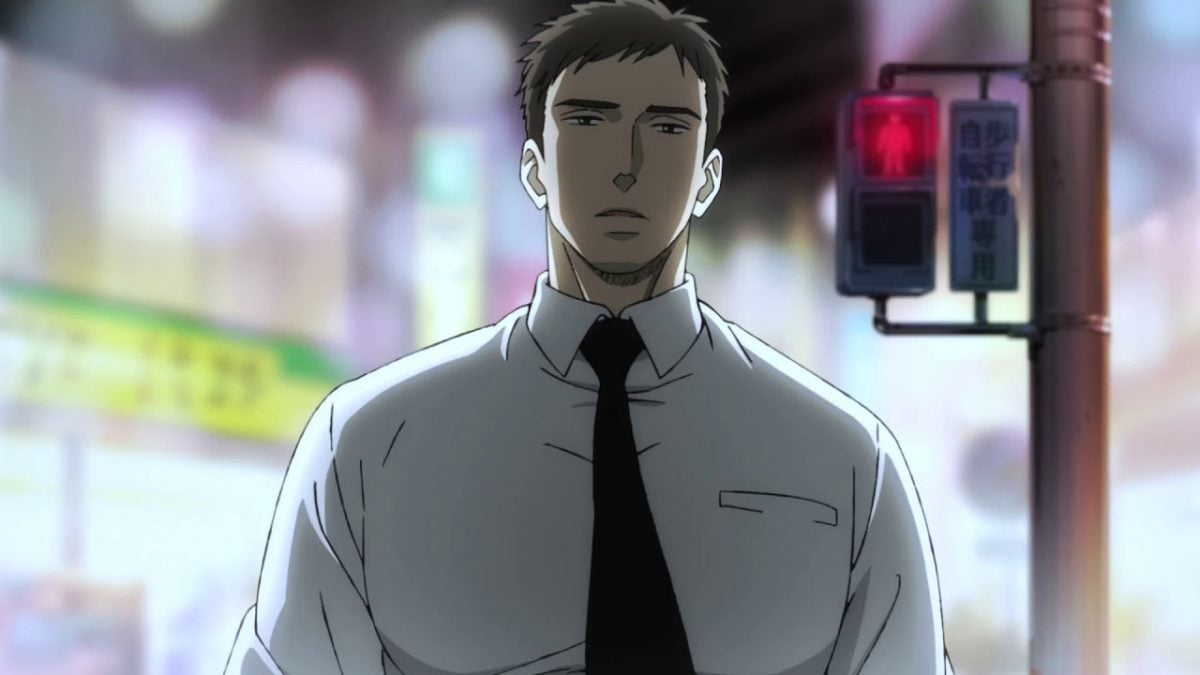
Doumeki is revealed to be an ex-cop who had just been released from his prison sentence. Why did he serve jail time? After ignoring his sister’s feelings for him, Doumeki then caught her being sexually violated by his own father and assaulted him in uniform. He had the intention of being a law-abiding citizen upon release, thinking that he had just taken a job from a normal financing company. When he learns that it’s actually with the yakuza, Doumeki stays upon finding Yashiro to be kind and so beautiful that he began to second-guess his opinion of the yakuza entirely.
The plot juggles Yashiro’s crew getting into off-screen turf wars as well as Doumeki’s relation with his sister throughout the film, which feels a little disjointed since they have no relation to each other. At times Doumeki’s sister feels unimportant, being forgotten for the rest of the film after a certain point. Still, it’s not shy about adding random 12-second sex scenes in for almost no reason. The film could have made side characters more memorable if just a single turf battle had been shown. Instead, all we get is a sudden phone call and then a hard transition to a scene of Yashiro kicking his already-beaten up subordinates on the floor of a doctor’s office while lecturing them of their misconduct.
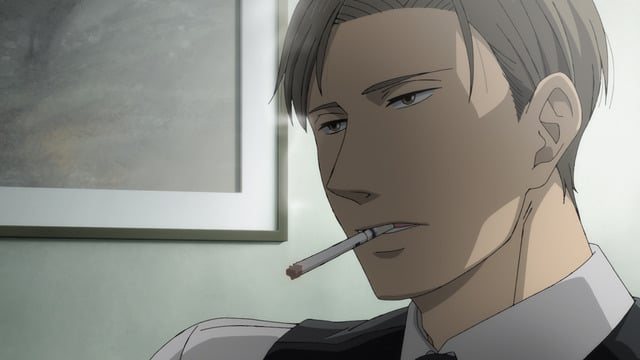
On the positive side, Twittering Birds Never Fly’s adaptation from the manga is faithful, covering roughly until the halfway point of volume two. Some plot points are a little rushed or only mentioned in off-handed remarks, such as Yashiro’s high school romance. Other scenes are almost word-for-word from the comic.
The soundtrack is indeed phenomenal! Almost entirely performed with piano, H ZETTRIO combines a wonderous use of jazz, swing, lounge, and ballad melodies that invoke just the right atmosphere and emotion. Sorrow, loneliness, melancholy, and pity flow from every track. The main theme, Moratorium, by Omoinotake, expresses a deep sorrow that falls on the characters after the final scene, making any reflective thoughts as the credits roll an enriching moment. However, the film’s soundtrack is used somewhat sparingly. As beautiful as it is, there are multiple scenes in which no music is ever used.
Several scenes establish quick location shots, followed by still-frames or close-ups on someone speaking. Often, a character’s lip-flaps are the only movement for entire scenes. By the halfway point it’s painfully evident that the animation budget went entirely into the sexual content. For about a third of the film, it feels like the audience is listening to a drama CD put together over a slideshow, with some background noise.
-the clouds gather- is indeed a fitting subtitle because, metaphorically, that’s all that happened until the last five minutes. Is the overall film bad? Not really. It did exactly what it was supposed to: tell the story of the manga, and respectfully, too. However, those not familiar with the manga and post-film events will find that the plot has unclear direction between yakuza matters and Doumeki’s family issues, neither being resolved by the film’s ending cliffhanger.
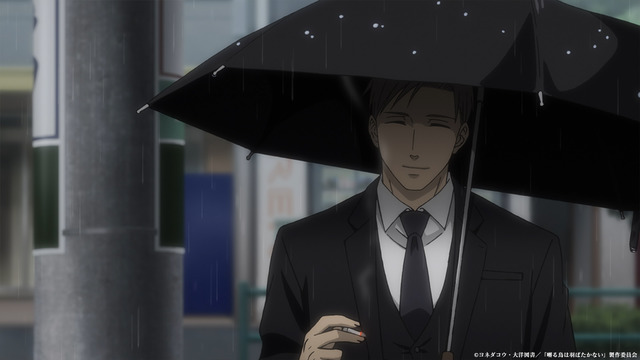
Nevertheless, Twittering Birds Never Fly -the clouds gather- has already been a great success in Japan, debuting at number 2 on Filmark’s weekly ranking after opening weekend. As implied by a post-credit scene and pre-release production commentary, a sequel film is in the works. It was formally announced via the film’s website on release day (as was the seventh volume of the manga). Any details are currently unknown, save for the title Twittering Birds Never Fly -the storm breaks-.


